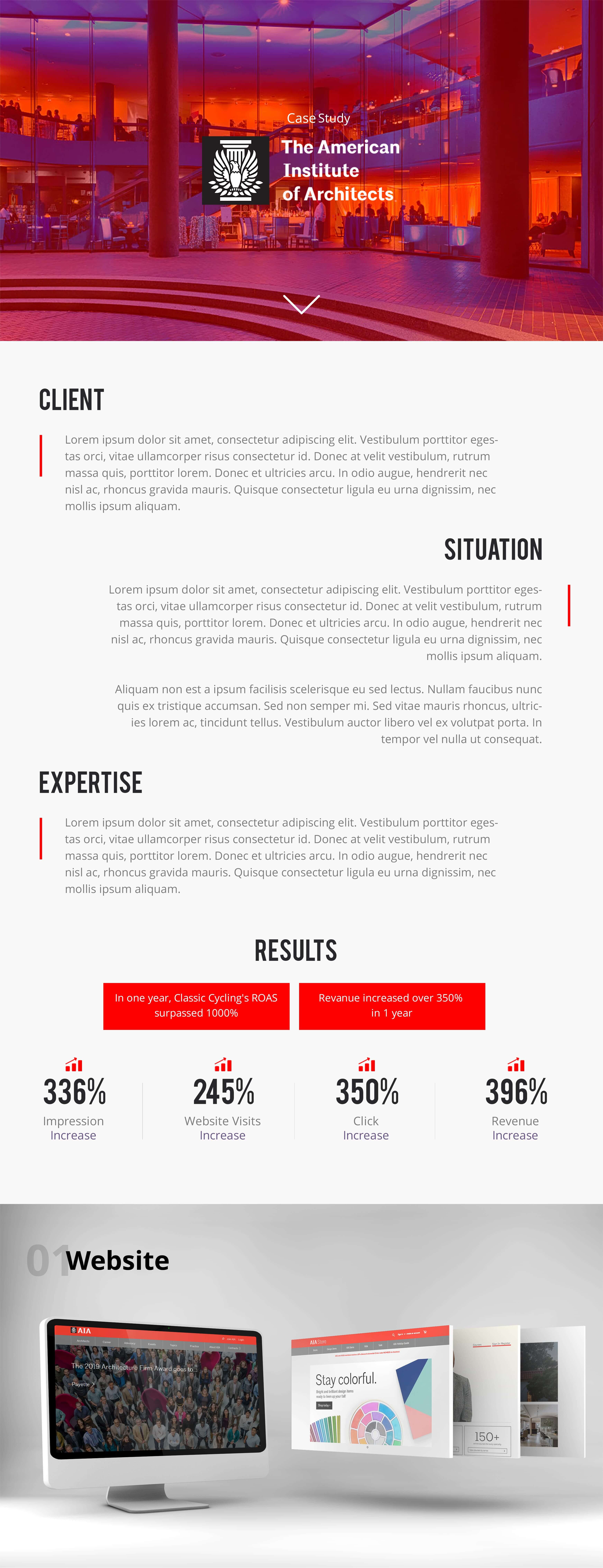Search engine optimization, or SEO, is a critical component of doing business on the web. If your site or business isn’t among the first 100 to come up in a search, potential customers simply aren’t going to find you.
You can approach SEO by doing it yourself, or you can choose to work with a consultant, but either way there are a few fundamental rules that must be followed if you are going to be successful in boosting your search engine ranking.
Rule 1 – Keep Content Relevant
You must have a minimum of 500 words of content on your website. 800 to 1000 is better. More content means more keywords and a better ratio of keyword density.
Search engines will often de-rank sites which overuse keywords, so if you have more content, you’ve got more room to include keywords. You can boost your content by adding a blog, a video page, or a news section.
Keep the content relevant, at least tangentially, to your business.
Rule 2 – Create Content for Search Engines and Humans
Don’t forget about your human visitors in your enthusiasm to optimize search results. Your content still needs to be interesting, readable, and informative, or you are going to lose all the potential customers you’ve just gained through using SEO.
Write for people first, and then revise as needed to ensure that you’ve satisfied your SEO goals as well.
Rule 3 – Work on Your Keyword Density
Keyword density should fall at 2 to 4 percent of your total word count. That is, for every 100 words, keywords will appear 2 to 4 times.
Keywords that are hidden in coding are often picked up by search engines, as well. Now you can see why a site with 500 words or fewer is much harder to optimize for search.
There are free online keyword density analyzers like the one shown below that can evaluate your site for you. If your current content’s density is too low or high, rework it to meet the target. Test you keywords now.

Rule 4 – Draw Them Into Your Posts and Website Copy
The use of keywords with H1, H2, and H3 tags draws the attention of search engine spiders, which crawl the web gathering content. A nice way to use them is in titles and subheadings, which also make content more readable for your visitors.
Most people won’t read a block of text unless something draws them in. It is likely that your pages will be scanned by your visitors, so giving them titles and headings which are relevant helps them to find what they’re looking for.
That keeps them on your site, hopefully looking more closely at what you have to offer.
These 4 rules should be kept in mind as you are building and updating your website. SEO should be in the forefront of your mind at all times.
Keep a list of keywords, and refer to keyword generators to add ones that you may not have thought of. Be alert to keywords in the materials of your competitors.
With just a bit of attention to SEO, you’ll organically gain more traffic and be able to grow your business.
Do any of these 4 basics already work for you? Can you offer additional tips?













